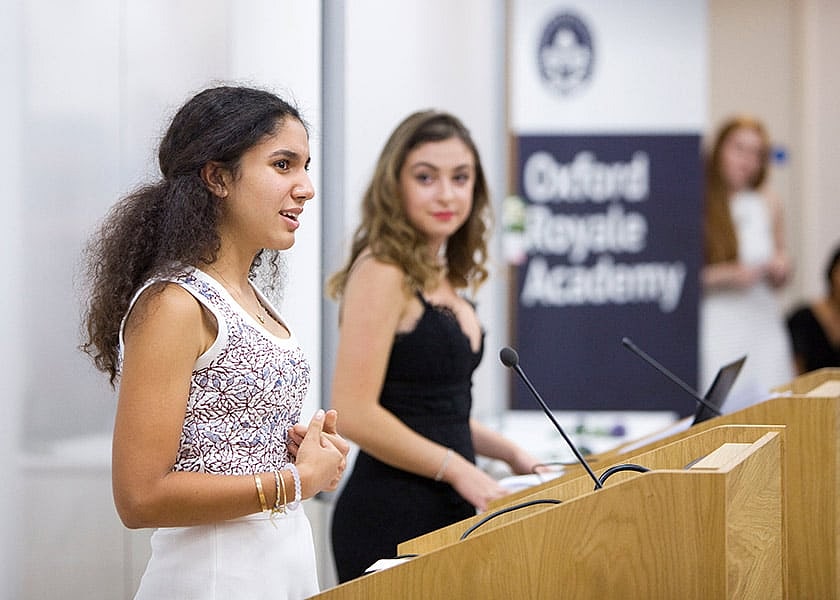Oxford Academics to be Frozen!
The belief that death is the only certainty in life is a concept that academics at the University of Oxford are challenging. Three senior academics will pay to be cryogenically preserved and brought back to life in the future.
Nick Bostrum, professor of philosophy at the Future of Humanity Institute (FHI) and his co-researcher Anders Sandberg have agreed to pay an American company to detach and deep freeze their heads after their deaths. A third staff member, Stuart Armstrong, has opted for the more complex option of having his whole body frozen!
Bostrum, Armstrong and Sandberg have set up life insurance policies costing up to £45 per month in premiums that will provide the funds needed to preserve them on their death. When they are considered terminally ill, a cryopreservation team will wait nearby for a doctor to pronounce them dead. A machine will then be used to keep blood pumping whilst the body is cooled and the blood stream is infused with preservatives and anti-freeze to protect the tissue.
If only the head is being frozen it will be detached from the body, before nitrogen gas is used to reduce the temperature to -124 Celsius. The patient is finally cooled to -196C, before being placed in a vat of liquid nitrogen for storage at a cryogenic preservation facility, where the patients would be stored until technology advances enough to revive them.
Sandberg admitted that life with just a head would be a bit limited, but hoped that by the time he died the process could involve downloading his personality and memories onto a computer. Sandberg and his colleagues will join 974 members of the Alcor Life Extension Foundation based in Scottsdale, Arizona. The company already has 117 patients in cryopreservation, along with 33 pets. 77 of these patients are ‘neuropatients’, which means they have only preserved their heads.
Armstrong remarked, “It costs me £25 a month in premiums to cover the cost of getting cryo-preserved, and that seems a good bet. It’s a lot cheaper than joining a gym, which is most people’s way of trying to prolong life.”
Nick Bostrum, professor of philosophy at the Future of Humanity Institute (FHI) and his co-researcher Anders Sandberg have agreed to pay an American company to detach and deep freeze their heads after their deaths. A third staff member, Stuart Armstrong, has opted for the more complex option of having his whole body frozen!
Bostrum, Armstrong and Sandberg have set up life insurance policies costing up to £45 per month in premiums that will provide the funds needed to preserve them on their death. When they are considered terminally ill, a cryopreservation team will wait nearby for a doctor to pronounce them dead. A machine will then be used to keep blood pumping whilst the body is cooled and the blood stream is infused with preservatives and anti-freeze to protect the tissue.
If only the head is being frozen it will be detached from the body, before nitrogen gas is used to reduce the temperature to -124 Celsius. The patient is finally cooled to -196C, before being placed in a vat of liquid nitrogen for storage at a cryogenic preservation facility, where the patients would be stored until technology advances enough to revive them.
Sandberg admitted that life with just a head would be a bit limited, but hoped that by the time he died the process could involve downloading his personality and memories onto a computer. Sandberg and his colleagues will join 974 members of the Alcor Life Extension Foundation based in Scottsdale, Arizona. The company already has 117 patients in cryopreservation, along with 33 pets. 77 of these patients are ‘neuropatients’, which means they have only preserved their heads.
Armstrong remarked, “It costs me £25 a month in premiums to cover the cost of getting cryo-preserved, and that seems a good bet. It’s a lot cheaper than joining a gym, which is most people’s way of trying to prolong life.”

